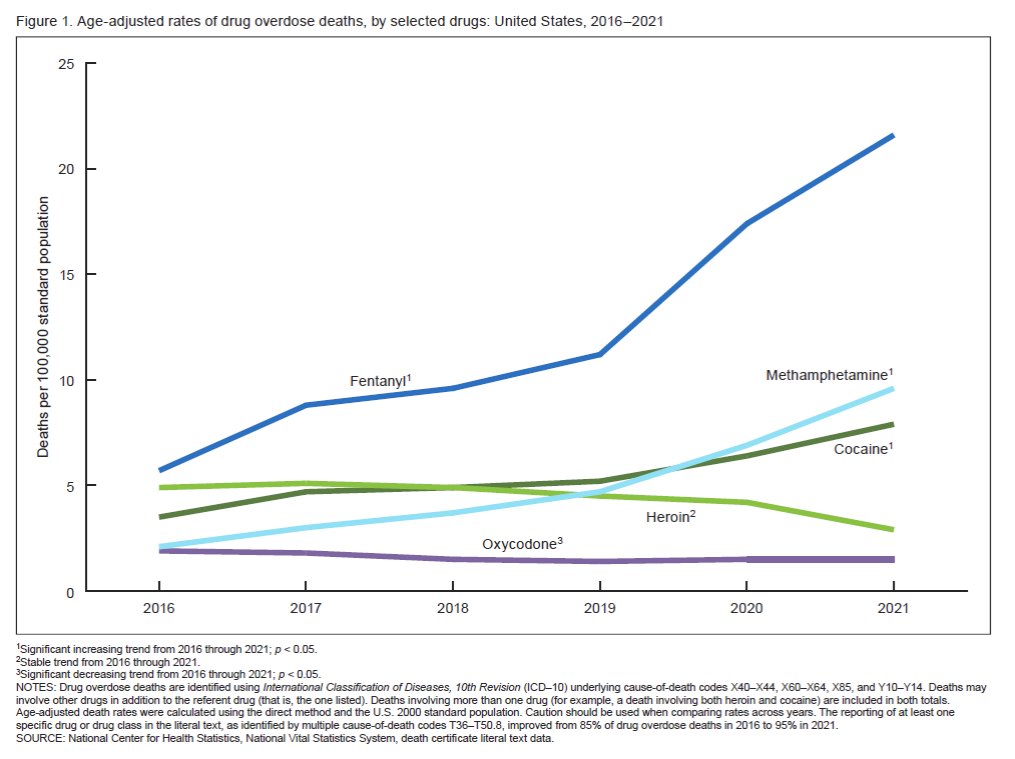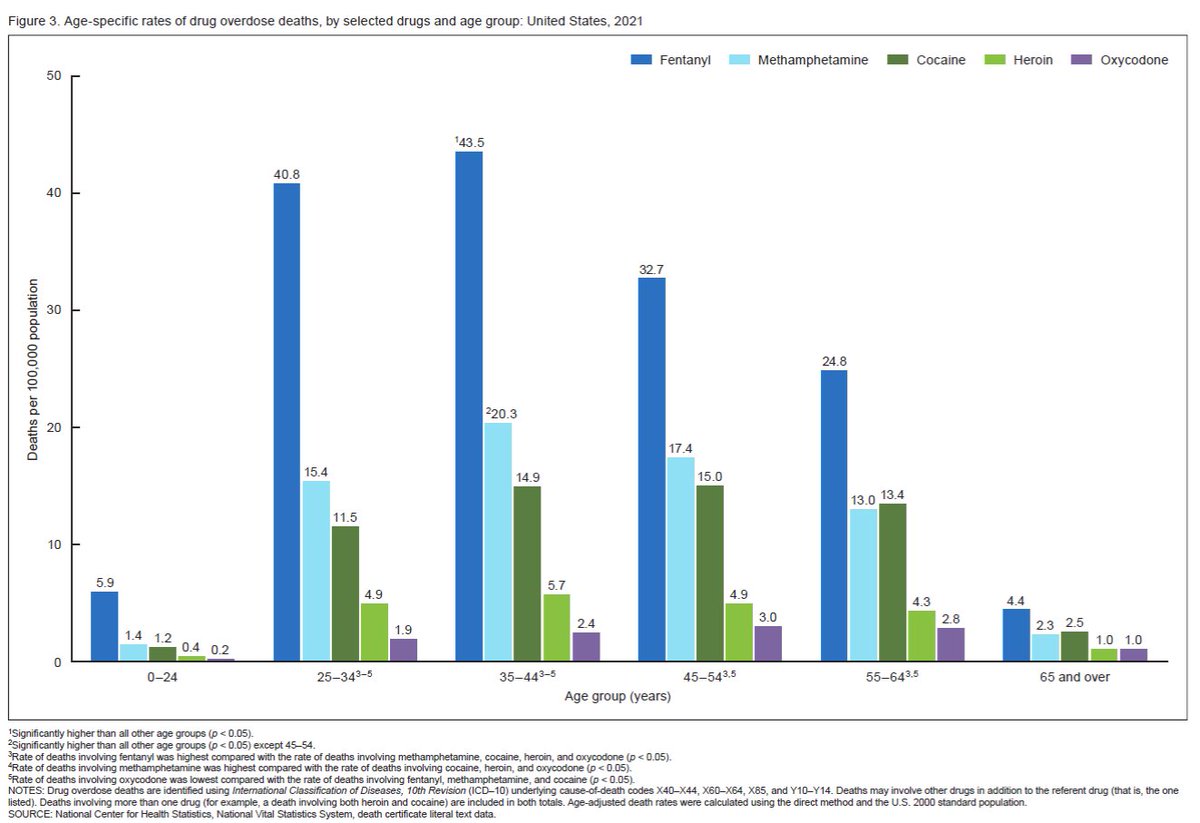🧵A THREAD 🧵
1) I've been doing harm reduction work for 15 years and I've learned a few lessons about how to talk about it with people who aren't quite there yet.
I presented on this a few years ago and I'm going to share my slides and talking points here with you today -
1) I've been doing harm reduction work for 15 years and I've learned a few lessons about how to talk about it with people who aren't quite there yet.
I presented on this a few years ago and I'm going to share my slides and talking points here with you today -
2) First of all, it's important for US to reframe.
Rather than seeing non-harm reductionists as RESISTANT, I think it's more helpful to see them as RELUCTANT.
This helps us to approach conversations with more compassion and patience (altho not always easy!)
Rather than seeing non-harm reductionists as RESISTANT, I think it's more helpful to see them as RELUCTANT.
This helps us to approach conversations with more compassion and patience (altho not always easy!)

3) Then it's important to think about the types of reactions and responses you often hear from folks who may be reluctant about harm reduction.
Here are a few that I have heard over the years:
Here are a few that I have heard over the years:

4) And these common reactions actually share some key underlying themes.
Identifying and understanding them is important before we try to engage with folks. We have to see where they are coming from. And our responses must be aligned with these themes if we want them to work.
Identifying and understanding them is important before we try to engage with folks. We have to see where they are coming from. And our responses must be aligned with these themes if we want them to work.
5) One underlying theme:
Harm reduction triggers real fears for people because the uncertainty and flexibility is hard for people looking for clear-cut solutions.
This is why prohibition and abstinence-only messages resonate with so many it gives them: PROBLEM-->ONE SOLUTION.
Harm reduction triggers real fears for people because the uncertainty and flexibility is hard for people looking for clear-cut solutions.
This is why prohibition and abstinence-only messages resonate with so many it gives them: PROBLEM-->ONE SOLUTION.
6) Another key underlying theme: Scarcity.
People are acutely aware that we live in a world with limited resources. "Paying for A means we can't pay for B"
BUT ALSO- EMOTIONAL SCARCITY. People hold on tight to their compassion and save it for a select deserving few.
People are acutely aware that we live in a world with limited resources. "Paying for A means we can't pay for B"
BUT ALSO- EMOTIONAL SCARCITY. People hold on tight to their compassion and save it for a select deserving few.
7) Another theme: Misconceptions about how people change.
✖️Believing that people must suffer to change/"bootstrap mentality";
✖️thinking change can only look one way and is linear;
✖️thinking there is only one way to help;
✖️expecting a full 180 overnight; etc.
✖️Believing that people must suffer to change/"bootstrap mentality";
✖️thinking change can only look one way and is linear;
✖️thinking there is only one way to help;
✖️expecting a full 180 overnight; etc.
8) Last theme (for now): Myths about addiction and substance use disorder.
✖️Addiction is a moral failing;
✖️People with SUDs don't care about anyone or anything (including themselves);
✖️Drugs create addiction so 'anyone' can get addicted;
✖️Any help is 'enabling' etc.
✖️Addiction is a moral failing;
✖️People with SUDs don't care about anyone or anything (including themselves);
✖️Drugs create addiction so 'anyone' can get addicted;
✖️Any help is 'enabling' etc.
9) Different people need to hear different things.
If I were to really break them up, I'd say that people are reluctant for EMOTIONAL, MORAL/ETHICAL, and/or "INFORMATIONAL/PRACTICAL" reasons.
If I were to really break them up, I'd say that people are reluctant for EMOTIONAL, MORAL/ETHICAL, and/or "INFORMATIONAL/PRACTICAL" reasons.

10) Armed with this information, you must then match your messaging:
✅Emotional reluctance to harm reduction with emotionally persuasive arguments;
✅ Moral reluctance to harm reduction can be met with our moral framing;
✅Misinformation allows us to fill gaps
✅Emotional reluctance to harm reduction with emotionally persuasive arguments;
✅ Moral reluctance to harm reduction can be met with our moral framing;
✅Misinformation allows us to fill gaps

11) In the presentation, I highlighted key Motivational Interviewing strategies to use in these conversations with reluctant folks.
Before undertaking the monumental task of a conversation, build rapport and find out where they are coming from. (Read rest of list in photo 😅)
Before undertaking the monumental task of a conversation, build rapport and find out where they are coming from. (Read rest of list in photo 😅)

12) Motivational Interviewing teaches us OARS.
Start by asking lots of Open-ended questions to gather as much information as possible.
And do your best to Affirm with empathy and self-disclose if possible/helpful.
See examples in photo:
Start by asking lots of Open-ended questions to gather as much information as possible.
And do your best to Affirm with empathy and self-disclose if possible/helpful.
See examples in photo:

13) Use Reflective listening by repeating back, sometimes verbatim, what you are hearing so they know you are listening. (People are used to having their words twisted- this is very validating)
Summarize what you have heard by pulling together all the concerns, feelings said.
Summarize what you have heard by pulling together all the concerns, feelings said.

14) After hearing everything they have to say, now it MAY be your turn to respond and offer some information/rebuttals. But tread lightly. Motivational Interviewing teaches us E-P-E so we do it respectfully. This is also an opportunity to develop a discrepancy in their thinking.
15) Start with:
E - Elicit and ask them what they already know before jumping in;
P - Ask permission to provide them with information to that point; and then
E - Elicit feedback - Ask whether what you offered made sense
E - Elicit and ask them what they already know before jumping in;
P - Ask permission to provide them with information to that point; and then
E - Elicit feedback - Ask whether what you offered made sense

16) This may also be the time when you can gently begin a conversation about how you're hearing ambivalence within the other person. "On the one hand, they have concern A, but it seems like all other solutions haven't worked." Express curiosity about how to reconcile this.
17) Now to offer some rebuttals to the issues presented earlier in the next few tweets.
For scarcity - resist either/or thinking. We're ALREADY paying for addiction, this is an additional & cheaper strategy for toolkit. Gently challenge them to see PWUD as neighbors, community
For scarcity - resist either/or thinking. We're ALREADY paying for addiction, this is an additional & cheaper strategy for toolkit. Gently challenge them to see PWUD as neighbors, community

18) If they see it as harm reduction OR treatment, talk about HR being part of continuum of care and often a referral to care, not competing with it. And 90% of ppl with SUD aren't in treatment bc of cost/accessibility/waitlist/etc., so this is a safety net for them too. 

19) For those who see these as enabling or encouraging use, offer that people engage in high risk practices that affect us all and that people are using drugs with or without these programs. This keeps us all safer and healthier. 

20) For those stuck on emotional or moral arguments, particularly religious ones, I actually find these rebuttals are the EASIEST.
Harm reduction is fundamentally PRO-LIFE! (As a non-Christian, I did my best with these bullets but I trust you get the point 🤣)
Harm reduction is fundamentally PRO-LIFE! (As a non-Christian, I did my best with these bullets but I trust you get the point 🤣)

21) I hope y'all noticed that I didn't bring up statistics or facts yet. There is the myth that people reluctant about harm reduction lack information. I would argue many struggle with harm reduction for emotional and moral reasons more than lack of data. But here are some points 

22) That's it!
Please note that none of you are obligated to EVER have to defend your beliefs, values, or work.
BUT if you ever decide to undertake these conversations, these are just tips.
Use what you like and ignore the rest. FIN!
Please note that none of you are obligated to EVER have to defend your beliefs, values, or work.
BUT if you ever decide to undertake these conversations, these are just tips.
Use what you like and ignore the rest. FIN!
• • •
Missing some Tweet in this thread? You can try to
force a refresh












